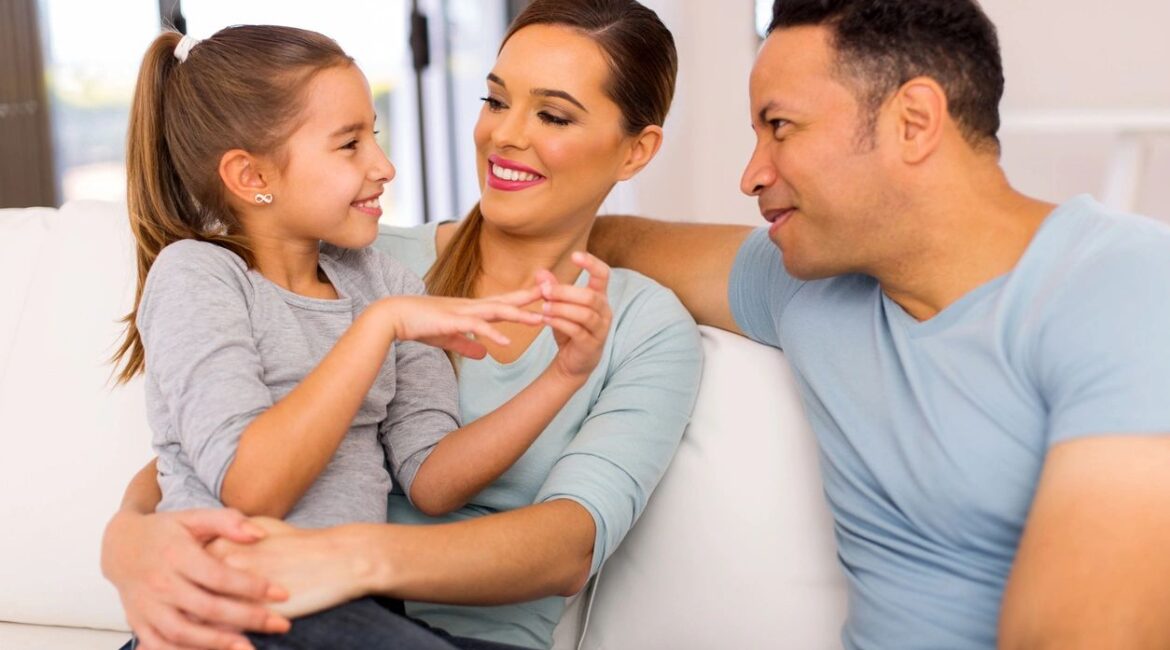Ways to Help you Child with Anxiety
Children Can Have Anxiety
Many adults incorrectly think that children cannot possibly have trouble with anxiety or worry, as a child’s life is often viewed as being free from common stressors like financial troubles or job security. However, many types of anxiety that adults experience are also seen among children including social anxiety, separation anxiety, and phobias. Nearly 20% of children experience at least one type of anxiety, however only 30% of these kids receive adequate clinical support and care.
The first step in seeking care for a child’s anxiety is a parent or caregiver’s identification of the issue. Young kids in particular lack an ability to identify root causes and solve problems themselves. As an example, a child may have trouble sleeping, be irritable, or have nightmares due to anxiety caused by socializing at school. A parent noticing these symptoms may be unable to identify the underlying cause if a child does not explicitly tell them about it.
Anxiety-Healing Environments
Parents and caregivers can do a lot to help their child manage anxiety, although certain strategies are more effective depending on where the anxiety stems from. There are great books that can help children and teens with anxiety. Overall, parents should have a goal of helping their child manage anxiety, not eliminating it. With this in mind, children should not be completely removed from anxiety-inducing situations, and in fact need to be exposed to anxiety in order to get better. A child with social anxiety will have difficulties navigating the world if parents attempt to shelter their child from all social situations. In this situation, parents should listen openly to their child’s worries and model appropriate behavior. Parents can also habituate a child to an anxiety-inducing event by starting small. For example, a child with separation anxiety can be dropped off at a relative’s home for an hour a week, working up to longer periods.
Easing Pressures to Ease Anxiety
As children age and enter their teen years, more is expected from them to perform well in school, take up extracurricular activities, plan for the future, and sometimes start a job. Special attention should be given to young adults who have experienced anxiety as a child. Although parents should not encourage their children to avoid situations, they should be aware if their plate is too full or there is too much pressure on them. In the age of social media and promoting our best selves, it is becoming more common for teens to strive for perfection and worry when they aren’t meeting those impossible standards. At this age, parents can encourage their children to paint more realistic standards and act as an important role model for managing worries.
Therapies for Anxiety
Although general suggestions can be made for how to help kids with anxiety, only a professional counselor can address your child’s specific needs. One study found that 95% of children who received cognitive behavioral therapy (CBT) combined with family training on anxiety management were no longer anxious following treatment. In this study, 70% of children receiving care without family training reduced their symptoms, pointing to the importance of family involvement. To start, having conversations with your child is an important first step to addressing their needs and helping manage their anxieties.
Now that you know a bit more about how to help kids with anxiety, consider getting professional help as well. To schedule a free call (if you are in Florida or California) to see how we can help you or your child with anxiety click here.





